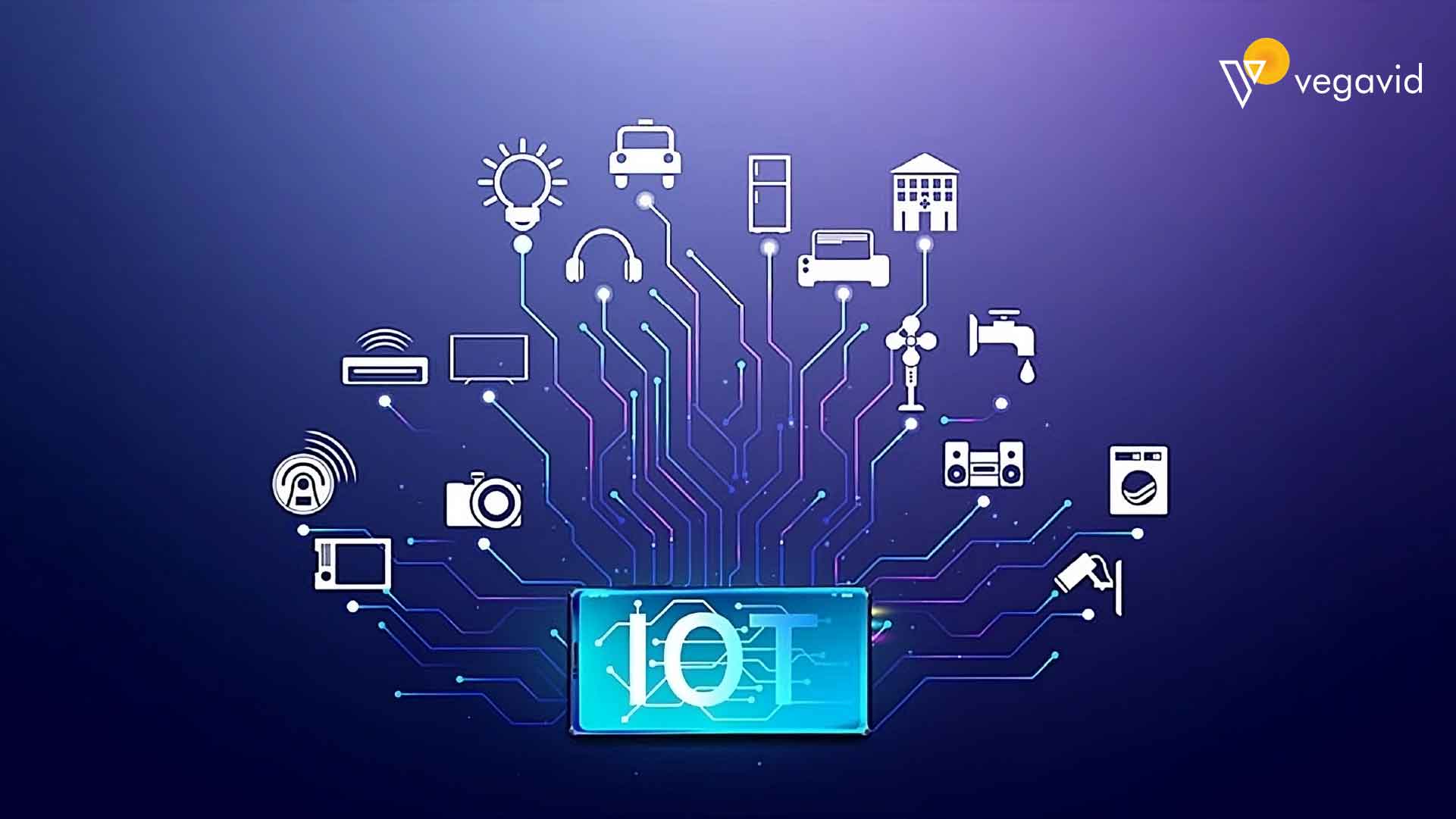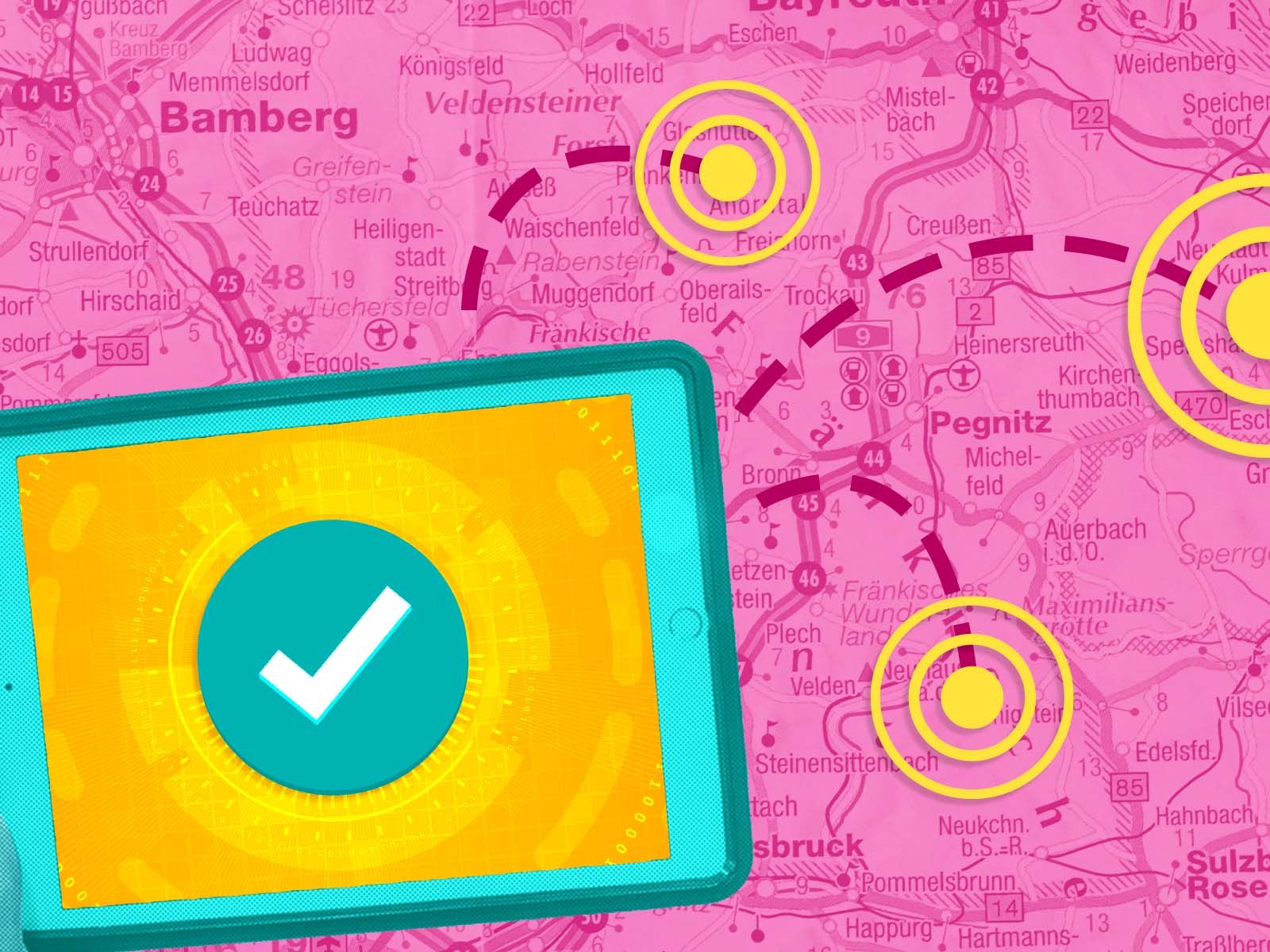Revolutionizing Connectivity: Unlocking The Potential Of Remote IoT Device
Hey there, tech enthusiasts! Let’s dive right into the heart of modern innovation. The world is buzzing about remote IoT devices, and for good reason. These little powerhouses are transforming the way we interact with technology, from smart homes to industrial automation. Imagine controlling your coffee maker from bed or monitoring your factory equipment from halfway across the globe. Sounds futuristic? It’s happening right now, and you’re about to discover how.
As the Internet of Things (IoT) continues to expand, remote IoT devices are stepping into the spotlight. They’re not just gadgets; they’re game-changers. In this article, we’ll break down everything you need to know about remote IoT devices—what they are, how they work, and why they matter. So, whether you’re a tech-savvy professional or just someone curious about the future of connectivity, you’re in the right place.
But before we get into the nitty-gritty, let’s set the stage. Remote IoT devices aren’t just about convenience. They’re about efficiency, security, and scalability. They’re about making life easier, smarter, and more connected. Ready to explore? Let’s do this!
- Alanna Masterson Relationship The Inside Scoop On Love Life And Everything In Between
- Matthew Le Nevez The Rising Star Redefining Success In The Spotlight
What Exactly is a Remote IoT Device?
Alright, let’s start with the basics. A remote IoT device is any gadget or system that connects to the internet and can be accessed, monitored, or controlled from a distance. Think of it like this: your smartphone is a remote control for the world. With remote IoT devices, you can check on your security cameras, adjust your thermostat, or even manage an entire warehouse—all from your couch.
Here’s the kicker: these devices don’t just connect; they communicate. They send and receive data in real-time, creating a network of smart, interconnected systems. And guess what? This isn’t just for tech giants anymore. Small businesses, homeowners, and even hobbyists are leveraging remote IoT devices to enhance their daily lives.
How Remote IoT Devices Work
Now, let’s talk tech. At its core, a remote IoT device operates on three key components: sensors, connectivity, and data processing. Sensors collect information from the environment, like temperature or motion. Connectivity ensures that this data is transmitted to a central hub or cloud server. Finally, data processing turns raw information into actionable insights.
- Seinfeld Height The Inside Scoop On Tvs Favorite Comedian
- Luke Nichols Wikipedia A Deep Dive Into The Life And Legacy Of A True Star
Here’s a fun fact: remote IoT devices often use wireless protocols like Wi-Fi, Bluetooth, or cellular networks to stay connected. This means they can operate without the hassle of wires, making them incredibly versatile. Plus, with advancements in edge computing, these devices can process data locally, reducing latency and improving performance.
Why Remote IoT Devices Matter in 2023
Let’s get real for a second. Why should you care about remote IoT devices? Because they’re revolutionizing industries. From healthcare to agriculture, these devices are solving real-world problems. For instance, farmers are using remote IoT sensors to monitor soil moisture and optimize irrigation. Hospitals are deploying wearable devices to track patient vitals in real-time. It’s all about making smarter decisions with data-driven insights.
And let’s not forget the environmental impact. By improving efficiency and reducing waste, remote IoT devices are helping us build a more sustainable future. Whether it’s optimizing energy consumption in smart buildings or reducing water usage in agriculture, the possibilities are endless.
Top Industries Embracing Remote IoT Devices
- Healthcare: Remote patient monitoring and wearable devices are transforming patient care.
- Agriculture: Smart farming technologies are increasing yield and reducing resource waste.
- Manufacturing: Industrial IoT (IIoT) is enhancing productivity and predictive maintenance.
- Smart Cities: IoT-powered infrastructure is improving urban living conditions.
These industries are just the beginning. As remote IoT devices become more affordable and accessible, their applications will continue to grow.
The Benefits of Remote IoT Devices
Let’s break it down. What’s so great about remote IoT devices? For starters, they offer unparalleled convenience. Imagine being able to lock your doors, turn off your lights, or adjust your thermostat with a single tap on your phone. Sounds pretty sweet, right?
But the benefits go beyond convenience. Remote IoT devices also enhance security, improve efficiency, and reduce costs. For businesses, they provide valuable insights into operations, enabling data-driven decision-making. For consumers, they create a more connected, personalized experience.
Key Advantages at a Glance
- Convenience: Control devices from anywhere, anytime.
- Security: Monitor and protect your home or business remotely.
- Efficiency: Optimize resource usage and reduce waste.
- Scalability: Expand your IoT network as needed.
And let’s not forget the peace of mind that comes with knowing your systems are always connected and under control.
Challenges and Limitations of Remote IoT Devices
Now, before we get too excited, let’s talk about the challenges. Remote IoT devices aren’t without their drawbacks. Security is a major concern. With so much data being transmitted over the internet, there’s always the risk of hacking or data breaches. That’s why it’s crucial to implement robust security measures, like encryption and multi-factor authentication.
Another challenge is compatibility. Not all devices play nice with each other. Different manufacturers use different protocols, making it difficult to create a seamless ecosystem. However, standards like MQTT and CoAP are helping to bridge this gap.
Overcoming IoT Security Challenges
So, how do you stay safe in the world of remote IoT devices? It’s all about being proactive. Regularly update your firmware, use strong passwords, and enable encryption wherever possible. And if you’re feeling extra cautious, consider setting up a separate network for your IoT devices. It’s like giving them their own little bubble to play in.
Real-World Applications of Remote IoT Devices
Enough with the theory. Let’s look at some real-world examples of remote IoT devices in action. In smart homes, devices like the Nest Thermostat and Ring Doorbell are making everyday life more convenient. In healthcare, wearable devices like Fitbit and Apple Watch are helping people track their fitness and health metrics. And in industry, IoT sensors are optimizing everything from supply chains to production lines.
One of the coolest applications is in environmental monitoring. Scientists are using remote IoT devices to track climate patterns, monitor wildlife, and even predict natural disasters. It’s like having a global network of sensors working together to protect our planet.
Case Study: Smart Agriculture
Let’s zoom in on one specific application: smart agriculture. Farmers are using remote IoT devices to monitor soil moisture, weather conditions, and crop health. This data helps them make informed decisions about planting, watering, and harvesting. The result? Higher yields, lower costs, and a more sustainable approach to farming.
The Future of Remote IoT Devices
So, where are we headed? The future of remote IoT devices looks bright. With advancements in 5G, artificial intelligence, and edge computing, we’re on the brink of a new era of connectivity. Imagine devices that not only collect data but also analyze it and take action autonomously. It’s like having a personal assistant for every aspect of your life.
And let’s not forget the potential for innovation. As more devices become interconnected, new use cases will emerge. From smart cities to autonomous vehicles, the possibilities are endless. The only limit is our imagination.
Trends to Watch in 2024
- 5G Integration: Faster, more reliable connectivity for IoT devices.
- AI-Powered Devices: Devices that can learn, adapt, and make decisions on their own.
- Sustainability Focus: IoT solutions designed to reduce environmental impact.
These trends are shaping the future of remote IoT devices and will continue to drive innovation in the years to come.
How to Get Started with Remote IoT Devices
Ready to jump into the world of remote IoT devices? Here’s a quick guide to getting started. First, identify your needs. Are you looking to enhance your smart home, improve your business operations, or explore a new hobby? Once you know what you want to achieve, it’s time to research devices that fit your requirements.
Next, set up your network. Make sure your devices are connected to a reliable internet source and secured with strong passwords. And don’t forget to download the necessary apps or software to control your devices remotely.
Top Tips for IoT Beginners
- Start Small: Begin with one or two devices to get a feel for the technology.
- Do Your Research: Read reviews and compare features before making a purchase.
- Stay Secure: Implement security measures to protect your devices and data.
With these tips, you’ll be well on your way to creating a smart, connected ecosystem.
Conclusion: Embrace the IoT Revolution
Well, there you have it—the lowdown on remote IoT devices. From enhancing convenience to driving innovation, these devices are shaping the future of connectivity. Whether you’re a homeowner, business owner, or tech enthusiast, there’s something for everyone in the world of IoT.
So, what are you waiting for? Dive in, explore, and discover the possibilities. And don’t forget to share your experiences in the comments below. Who knows? You might just inspire someone else to join the IoT revolution. Let’s keep the conversation going!
Table of Contents
- What Exactly is a Remote IoT Device?
- How Remote IoT Devices Work
- Why Remote IoT Devices Matter in 2023
- The Benefits of Remote IoT Devices
- Challenges and Limitations of Remote IoT Devices
- Real-World Applications of Remote IoT Devices
- The Future of Remote IoT Devices
- How to Get Started with Remote IoT Devices
- Conclusion: Embrace the IoT Revolution
Remember, the world of remote IoT devices is vast and ever-evolving. Stay curious, stay informed, and most importantly, stay connected!
- Seinfeld Height The Inside Scoop On Tvs Favorite Comedian
- Whats The Real Deal Behind The Upside Down Flag Meaning Lets Dive In

Remote IoT Device Management Everything You Need to Know

Your Guide to Remote IoT Device Management IoT For All

Remote IOT device management strategies for businesses.